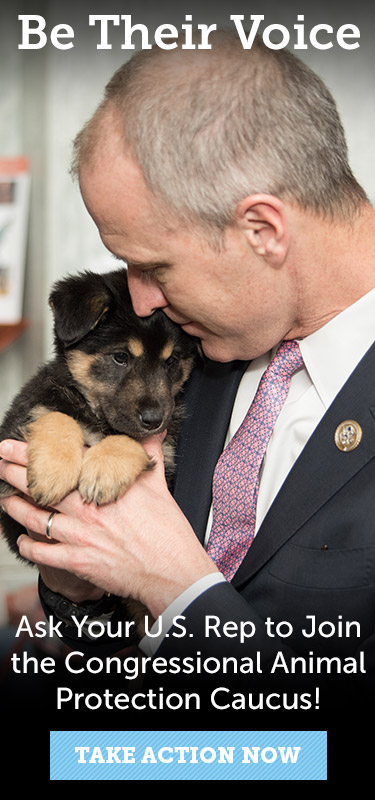States may regulate the breeding industry in a variety of ways. Two typical methods are passing laws relating to dog breeders and regulating retail pet-sellers.
Breeder Oversight
In addition to federal law, states can choose to enact their own laws to regulate dog breeders, and this includes defining what a “breeder” means in the first place. State laws vary widely: A dog breeder that would be illegal in one state may have no problem getting licensed and operating in another. This is why bad breeders may flock to particular states with lax laws or poor enforcement.
State laws can be more strict than federal laws and can include things like limits on the number of adult dogs a breeder can keep, or more humane animal care standards like bigger cages and regular veterinary care. Some states have pretty thorough (though still far from ideal) protections for dogs, while many others, sadly, have none at all—in which case the minimal federal law still applies.
Pet Store Regulations
States can also choose to regulate businesses that sell dogs, like pet stores. Some states restrict the permissible sources of pet store puppies, like limiting stores to buying dogs only from USDA-licensed breeders without certain violations.
States (and municipalities) may take a stronger approach and prohibit pet stores from buying and re-selling any commercially bred dogs at all. This type of law may still allow pet stores to provide physical space to help rehome animals from shelters and rescues.
If you have questions about dog-breeder or pet store regulations in a specific jurisdiction, or want to speak with ASPCA staff about getting more involved in advocating for stronger laws where you live, please email grassroots@aspca.org.
Sources available upon request; contact barredfromlove@aspca.org with specific questions about this content.


